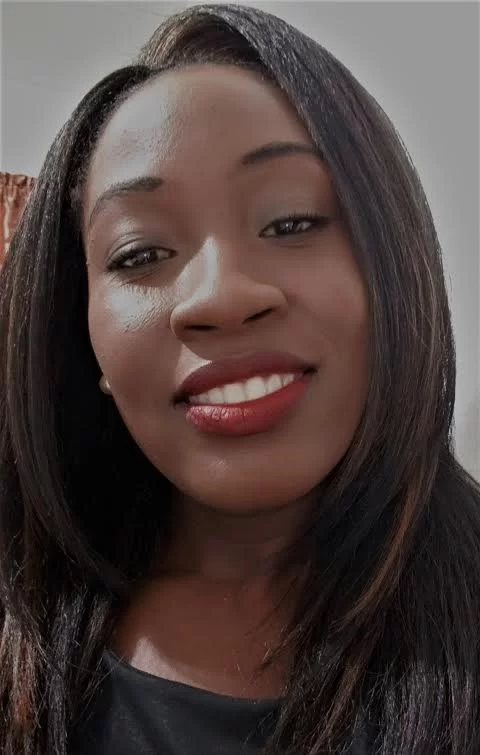Lois St. Brice ’07
Project Management Officer, University of the West Indies

What are you up to now?
After graduating from Bates in 2007, I got my master’s degree from Dartmouth College. I moved back to Trinidad and Tobago where I’m from and began working as a project management officer in 2012 at the University of the West Indies at St. Augustine doing research management and managing funds for innovation projects. Part of the reason I came back to Trinidad and Tobago was to help develop my country and be a part of supporting indigenous innovation. I get to interact with researchers from all fields, from social to hard sciences, and figure out how to get the knowledge that’s produced in university out into society.
How has your decision to pursue an Environmental Studies major at Bates impacted your current career?
When I came to Bates, I had a very strong interest in Environmental Studies. Tangentially, I wanted to be an engineer at some point but not necessarily at Bates. I took all of the courses that would allow me to do that if I wanted to, but I knew that I would focus on Environmental Studies. I was lucky to have great mentors, especially in environmental chemistry, which is what appealed to me the most. The Environmental Studies major helped me to understand Maine much better by getting out and understanding landscapes like Acadia National Park. More than that, the major helped me to understand the research process, from coming up with a hypothesis to exploring the directions you could never have anticipated. At Bates, I learned to defend my ideas among my peers, receive critical feedback, and adjust what I was doing, all of which were important for my master’s in chemical engineering. I also had the opportunity to partner with researchers from other institutions on my thesis project because of the excellent advisor I had in Holly Ewing. As it turns out, research collaboration was the guiding start of my career and is something that I’m always trying to impart to others in research and partnerships.
What was the most rewarding aspect of being an Environmental Studies student at Bates?
The human aspect was incredibly rewarding, especially helping one another through the trials and tribulations of our courses. Also seeing as our work was not basic research, it was rewarding to see the applications of my work in direct and indirect applications. Being an Environmental Studies student at Bates helped me to broaden my thinking about how I approach research in work and in general. I had excellent mentors in chemistry, when the Environmental Studies department was more STEM-focused, who ignited my love for chemistry. I had opportunities to do internships because of my association with the Environmental Studies department, one of which was an internship with EcoAfrica Consultants. I wouldn’t have known about these opportunities if Holly Ewing hadn’t brought them to my attention and supported me through the application process.
Any fond memories of the Environmental Studies department?
In Holly Ewing’s classes, we went on trips all over Maine to look at soils. I had a friend in many of my classes from Guatemala, and during one of the trips he ended up stuck in a tree, and to this day we still joke about it! I loved learning about the marshlands, and I honestly haven’t been to a landscape like that since. One minute you’re on solid ground and the next you’re in the water. Most of all, I valued the opportunities that I had to travel and experience the varying landscapes beyond the Bates campus.
Any advice for current students trying to decide on a major or in general?
My advice for students is to take advantage of all of the opportunities at Bates to widen their experience. For me, I took opportunities to gain research experience, did internships, and took classes that took me outside of the classroom. Not every major at Bates gives you that opportunity, so Environmental Studies students, take full advantage of those opportunities. Beyond that, be aware of what’s going on in the world. Why are you an Environmental Studies major? You’re going to have so many resources at your fingertips at Bates and you’re going to keep calling on them throughout your life. Make sure that you develop relationships and identify resources that can help you make the impact that you want to have on the world. In general, make friends that you don’t have anything in common with and learn about different people with different experiences. Bates collects stellar people who will go on to do amazing things. Your time at Bates goes by quickly, so make the most of it! During the short term, get to know Lewiston-Auburn and meet the people in the community. You have four years to take the time and learn the place. The first time I got on a plane was when I came to Bates, but I used my time at Bates to see the world by traveling to China, Morocco, South Africa, and Namibia. Getting a degree like this at Bates was life-changing!